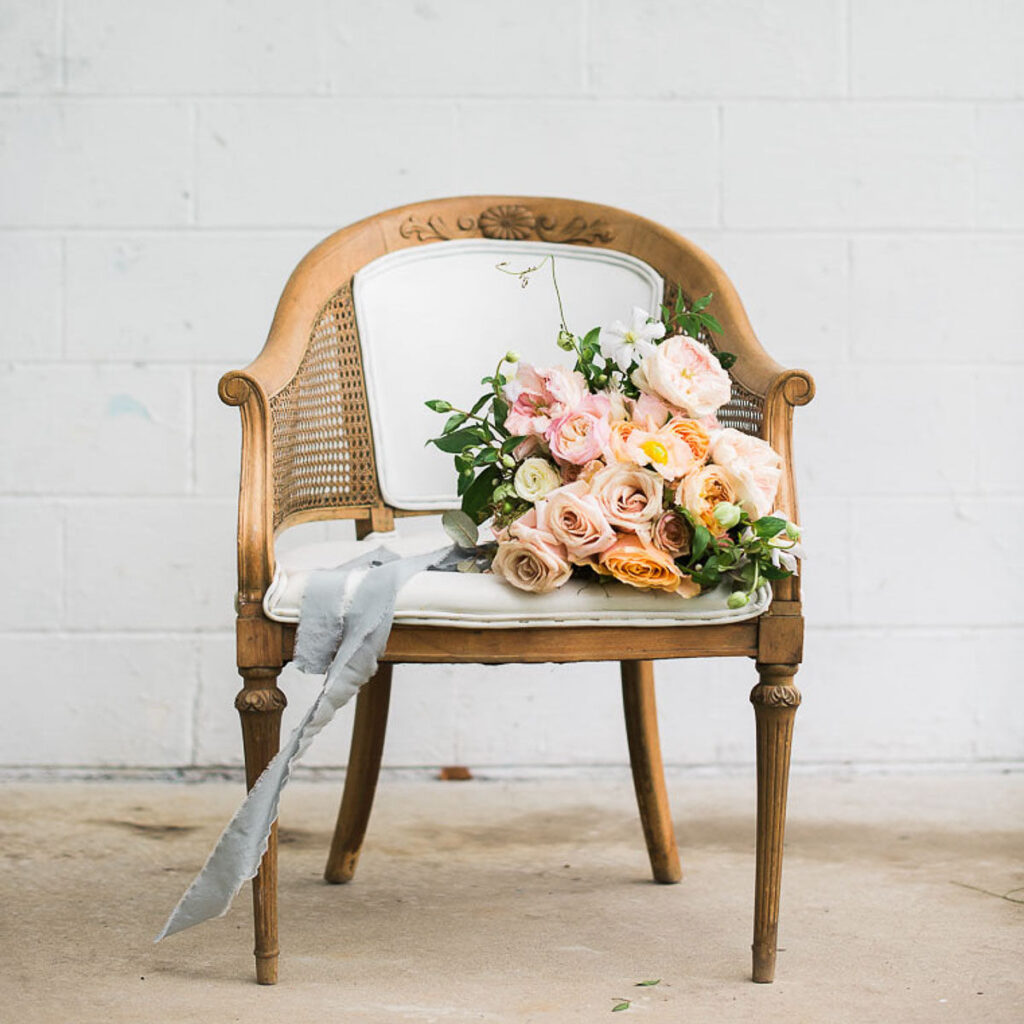GUEST POST | Hello, I’m Kelly, a lifestyle blogger over on The Kelly Diane Report. I’m so grateful to Kayleigh for allowing me to guest post on her amazing site. I wanted to share my story with dementia in the hope that I can help some of you. One thing I’ve learnt is that not a single sufferer will have the same journey. However, by supporting each other, we can ensure they receive the best care and love possible.
Dementia is the umbrella which covers quite a few memory-loss related illnesses. Each one comes with its own set of symptoms and stages. They are all grouped under this category because they are caused by abnormal brain changes.

Whilst each form of dementia will affect an individual differently, all families of the diagnosed have one thing in common. That is that they are effectively coming to terms with the fact that they are loosing that person twice. Firstly loosing them when they slowly stop being the person you knew. Secondly when the last breath leaves their body and they are at peace one more. The grieving process that comes with it is such a difficult one, paved with worry, sadness and regret.
Raising Awareness Of Dementia
In recent months, the nation lost actress, Dame Barbara Windsor to Alzheimer’s disease. She kept her diagnosis private for the first four years, until it became too difficult to hide. From then on, both Barbara and her husband Scott, vowed to raise awareness and funds for Dementia. Such a remarkable lady to have chosen to do that when she was herself, suffering from the disease. It got me thinking and I decided that I could raise awareness too. So here is my story of Dementia.
How dementia has affected me
Back in 2014, my nan suffered a stroke. She was lucky in that the stroke didn’t seem to affect her body all that much. After just a week in hospital, nan was released after proving that she could look after herself. We as a family counted our blessings. There were other patients on the ward who had been there for over a month and couldn’t even feed themselves. I never really thought about the lasting affects of that stroke. I was just aged twenty and not really clued up on it.
As the months went by, nan started to forget things. We didn’t think too much of it because she had always been calling us grandkids by the wrong name. Nan had always joked “that’s just the beauty of being blessed with so many grandchildren”. But we started to notice a slight level of aggressiveness too.
It all came to a head on my 21st birthday. My nan started shouting at me in the street because I was 20 minutes late getting to her. I tried to explain traffic was bad but nothing seemed to calm her down. I ended up running away crying because I just didn’t know what else to do.
For the next six weeks, I refused to speak to nan and would be out when she visited. My mum tried to convince me that this wasn’t the woman I was knew and that she was ill. Sadly, I just couldn’t see it at the time. I was too hurt from that day and I chose to shut her out momentarily, so I could recover. It is one of my biggest regrets of this journey we have been on.
Diagnoses & early stages
This event spurred my dad to seek the advice of a doctor. Tests confirmed that my nan had the early stages of Vascular Dementia, which is common after a stroke. The doctor explained to us that there are roughly 7 stages to dementia. After accessing my nan’s condition, she was already at stage four.
Back then, I didn’t know just how harrowing this journey would be for us all. Stage four signs include social withdrawal, moodiness and trouble with routine tasks. This was all things that we could identify with nan. She had always been the life and soul of a party and believe me, there had been many over the years. But all of a sudden, nan didn’t even want to go into town or come round for tea. These were things she had previously loved doing.
The later stages
Stage five came along sooner that we all expected. With this, signs include confusion and memory loss of personal details. This really showed up when we were staying overnight in a hotel. Nan realised that she wasn’t at home but just couldn’t grasp where exactly she was. By the following evening, she was in a foul mood and had gone on hunger strike so my dad drove her back home. Without a doubt, that evening changed us all, especially my dad.
To give you some context, my nan fled a violent first marriage when she was just nineteen. Whilst this was a terrible time in her life, she later found love with my grandad. They had so many happy years together before he passed away suddenly. When my dad drove her home that evening, he tucked her up in bed like she used to do for him. Out of her environment and routine for those few days, she was so confused. She was begging him not to leave her with her first husband. My dad described her as looking like a scared wild animal. The fact that her brain could trick her that much, is sad and scary.
Fast forward to now where my nan is in stage 6. Signs include repetitive and obsessive behaviour, paranoia and difficulty recognising loved ones. She has been at this stage for quite a while now. We know its only a matter of time before she progresses to stage 7. The last stage is the most devastating because its where nan will loose her ability to walk, talk and eat.
Reflecting on our journey
I have watched my nan completely change before my eyes over the last few years. She no longer recognises me when she sees me. I’m thankful that as soon as I call her nan, she remembers my name and smiles. In that time, I’ve had to grieve for the person my nan used to be. I’ve grieved for all the things she has missed out on. Not because she wasn’t there but because she has no concept of anything.
A couple of years ago, you would have heard me mutter under my breath. I was becoming frustrated when nan asked me the same questions over again. What I’d give to be in that stage again. These days, a lot of the conversations I have with nan is babbled, toddler-like sounds. I brightly reply yes to, as if I understand what she is saying. The thing that always haunts me the most is her eyes. They are almost as if there is nothing going on behind them. That saying of dead behind the eyes comes to mind.
Not only do I grieve for how my nan used to be, I also grieve for the family we once were. Dementia has ripped us apart and at times, we have had arguments over how nan should be cared for. My stance has always been simple. I want her to always feel loved, respected and understood, because that is how she would have treated us.
In the time that we have been caring for nan, I’ve always known that the day will come where I will have to say goodbye to her for the final time. One day soon, I know I’ll have to start grieving all over again.
My tips to help you
If you are or ever find yourself in a similar situation, I’d like to share a few tips I’ve picked up along that way. I hope that I can help you with the grieving process of someone who is still alive.
Use photos and videos to reminisce about old times if you have them. Often they can no longer answer questions or remember things. However once you show them something from the past, all of these memories suddenly come out.
Listen to music together. You might have seen the recent news features that show just what an amazing affect music can have on dementia sufferers. Believe me, it really does help. Nan can remember and sing all of the lyrics to her favourite Elvis songs, even if she usually can’t speak.
Always try to be cheerful and wear a smile when around your loved one. Often they are confused, but when they see that you are happy, they will often relax because they feel all is well.
Spend time with them. No matter how difficult, try to spend as much time as you can with them. Although it feels like a long process, you will be brightening up their day and making them feel like they aren’t forgotten. In time, you will look back on that period and be glad that you made the effort.
Join a support group. Facebook has several which enables you to connect with other families going through dementia. They can often offer advice, new ideas and be just generally understanding and supportive.
Lastly, I wanted to say that it is ok to feel relief when they have finally passed on. I know that I will be happy to know that my nan is out of pain and suffering. You should never feel guilty for that because we all want what is best for our loved ones.
If you enjoyed this please do check out Understanding And Coping With Grief At Christmas and 8 Great Habits To Start In 2021




So powerful post. Increible story. Thanks for sharing with us. ❤️ https://uncuaderno4cero.wordpress.com/
This was really helpful to understand dementia and very brave for sharing your story. X
It’s so hard to see someone disappear like that, I’m so sorry you had to go through that. I saw my aunt go into dementia and it was awful, for both her as her loved ones.
What a story. This is a really touching post. Dementia runs in my family, so I’ve seen a lot of people go through it, it never gets any easier. Thank you for the advice
Touching and incredible story ! Thank you for sharing it. It is important to talk about such topics.
I connected deeply with this while reading through. My grandmother suffered from dementia before she passed away a couple of years ago. It’s such a difficult challenge to navigate, watching them become someone completely different than the person that you once remembered. With how common it is, I’m surprised that it’s not discussed more often. Thank you for sharing your own story.
Wow this was really close to home because my boyfriends Nan has dementia and we just found out that yesterday was the first time she didn’t recognise his Mum. So that’s worrying and so sad because we can’t even go and see her x
This is such an important, well-written post. Thankyouu for sharing. My Grandad’s brother got diagnosed with Dementia just before the pandemic started and it does hit home. Sending you lots of love and wishes. xx
http://www.nadinealex.blogspot.com
We had a similar situation when my grandmother was diagnosed with dementia. She had it for about ten years. For the first five she was okay, and just confused at times, but after than she was like a child you constantly had to keep an eye on. Thank you for writing this post. You really do grieve a person twice if they have dementia.
All the best, Michelle (michellesclutterbox.com)